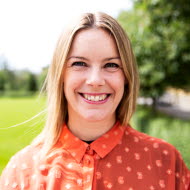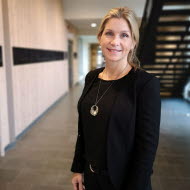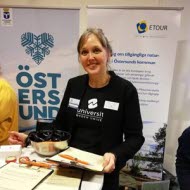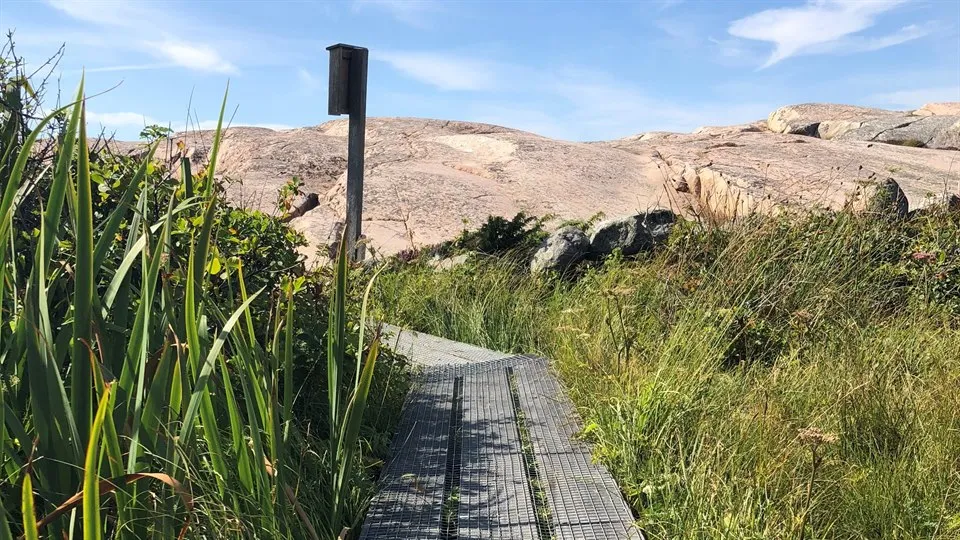Improving health and self-esteem, experiencing relaxation and adventure, and strengthening social bonds to family and friends – those are some of the most important reasons to visit natural areas. However, access to these areas is not equal, and there is limited knowledge on how destinations can become more inclusive. That is why a research group at ETOUR – in collaboration with Östersund municipality – examines important areas of improvement to increase accessibility to natural environments, particularly for older adults and people with disabilities.
Aim of the project
The purpose of the project is to understand better the factors that enable, as well as hinder, the development of accessible natural areas in Östersund municipality. The aim is also to identify how accessibility and social inclusion can be strengthened in the local community, and thereby promote public health by ensuring equal access to natural experiences, physical activities and recreation. The project also examines potential positive effects on health and economy by looking at how outdoor recreation in Östersund municipality can be developed from different perspectives of accessibility, but also what types of tools and support public, private and non-profit organizations need to make their activities accessible and inclusive.
Moreover, the research seeks to answer questions about how planning and management can be developed and clarified in relation to accessibility, health, green areas, transports, and tourism. In order to improve accessibility to natural areas and create inclusive outdoor environments, there is an urgent need for knowledge about the needs and wants of older adults and people with disabilities residing in the municipality, as well as experiences from those who work with accessibility, outdoor recreation, public health and community planning. The project includes all these perspectives, thus showing best practices of accessible design and strategies of inclusion.
The implementation of the study
The project builds on knowledge and experiences collected in an earlier research project about accessible nature-based tourism for people with disabilities, where one important result that emerged was that the knowledge about how to design accessible natural areas and nature-based tourism activities is generally low with public authorities and tourism businesses. Although nature-based tourism businesses want to make their products accessible, there is an insecurity about how to do it, as well as an insecurity of how to reach the target group. The research group thus identified a knowledge gap in how to ensure equal access to nature for all, and now continues to examine accessible natural environments.
The data collection for the study in Östersund municipality is conducted through a survey distributed to older adults in the municipality, in-depth interviews with older adults, interviews with representatives of member organizations for people with different kinds of disabilities, businesses and non-profit organizations that work with outdoor recreation, public health, accessibility and community planning. The research group also conducts a workshop where older adults in the municipality, together with representatives of the above-mentioned organizations, discuss possibilities and challenges of accessible and inclusive natural areas and outdoor recreation activities.
Collaboration and new knowledge
The research is characterized by close collaboration with Östersund municipality, businesses and non-profit organizations in order to improve knowledge about inclusive and accessible natural environments.
The research generates new knowledge on issues of accessibility related to outdoor recreation and tourism; knowledge that is relevant to nature-based tourism businesses and organizations, as well as to public authorities. The research project also contributes to develop hands-on measures that aim to reach objectives in Swedish and international disability- and outdoor recreation policies.
Research funding
The research project “Accessible and inclusive natural environments” is granted within the collaboration agreement between Mid Sweden University and Östersund municipality. It is financed with 2.6 million SEK and runs from 2019 to 2022.




